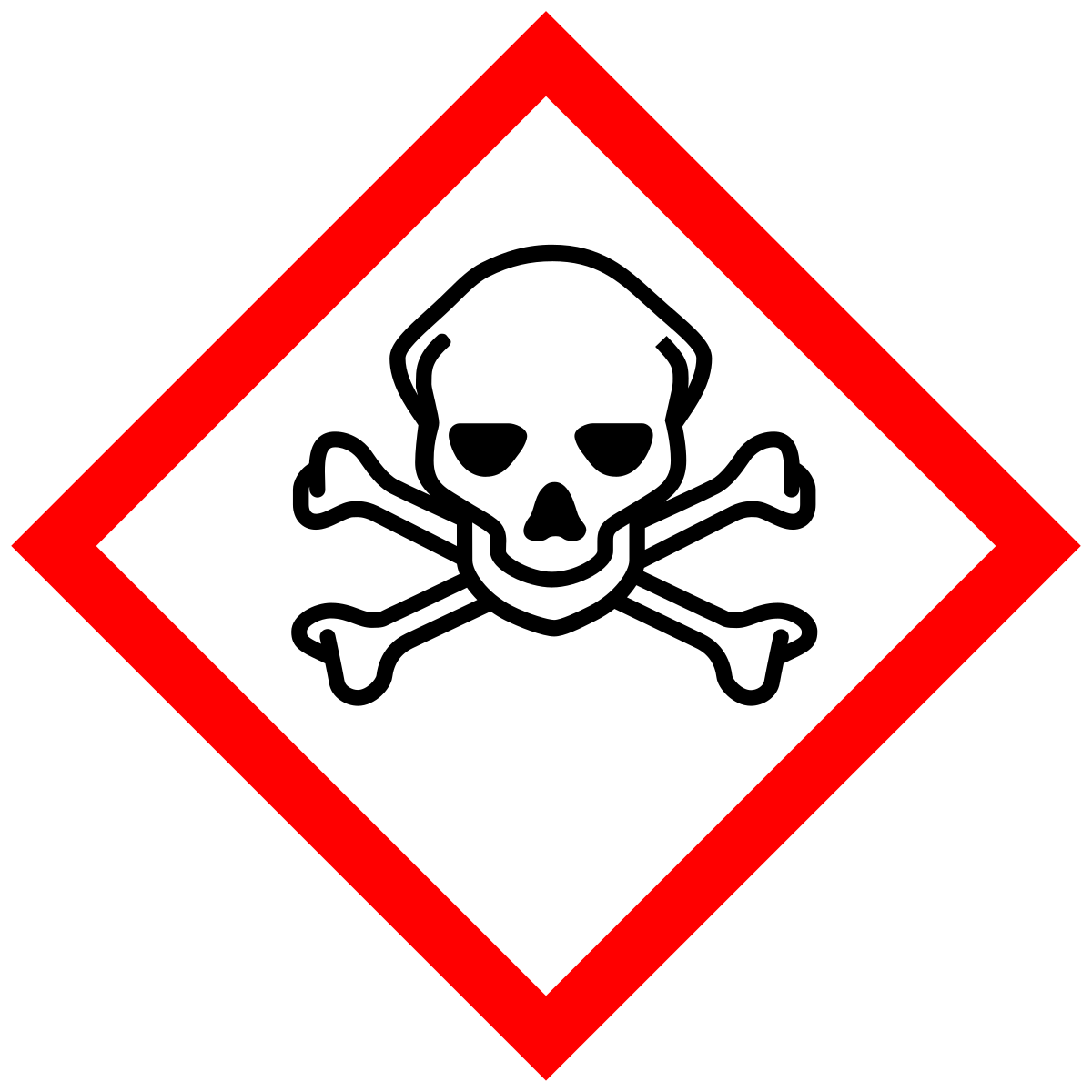Poison
Published (updated: ).

A poison is any substance that is harmful to your body. You might swallow it, inhale it, inject it, or absorb it through your skin. Any substance can be poisonous if too much is taken. Poisons can include:
- Prescription or over-the-counter medicines taken in doses that are too high
- Overdoses of illegal drugs
- Carbon monoxide from gas appliances
- Household products, such as laundry powder or furniture polish
- Pesticides
- Indoor or outdoor plants
- Metals such as lead and mercury
The effects of poisoning range from short-term illness to brain damage, coma, and death. To prevent poisoning it is important to use and store products exactly as their labels say. Keep dangerous products where children can’t get to them. Treatment for poisoning depends on the type of poison. If EMS suspects that someone has been poisoned, call poison control center at 1-800-222-1222 right away.
Carbon monoxide (CO) is a gas that has no odor or color. But it is very dangerous. It can cause sudden illness and death. CO is found in combustion fumes, such as those made by cars and trucks, lanterns, stoves, gas ranges and heating systems.
- Every year, at least 430 people die in the U.S. from accidental CO poisoning.
- Approximately 50,000 people in the U.S. visit the emergency department each year due to accidental CO poisoning.
- Red blood cells pick up CO quicker than they pick up oxygen.
- When you inhale CO, your body replaces the oxygen in blood with CO.
- People who are sleeping or who have been drinking alcohol can die from CO poisoning before ever having symptoms.
CO from these fumes can build up in places that don’t have a good flow of fresh air. You can be poisoned by breathing them in. The most common symptoms of CO poisoning are:
- Headache
- Dizziness
- Weakness
- Nausea
- Vomiting
- Chest pain
- Confusion
